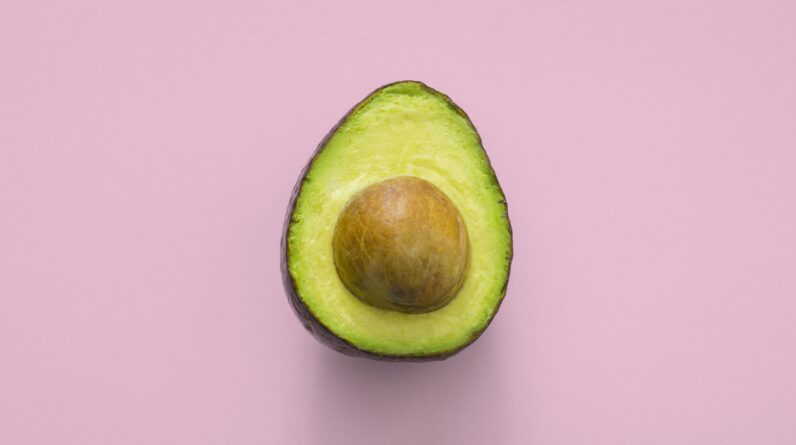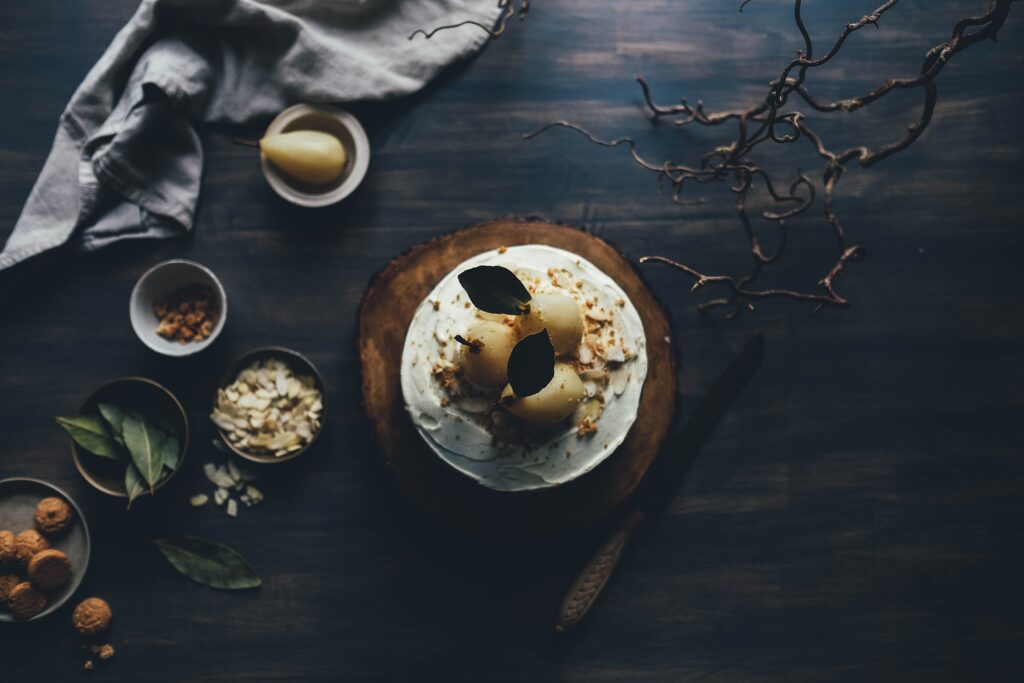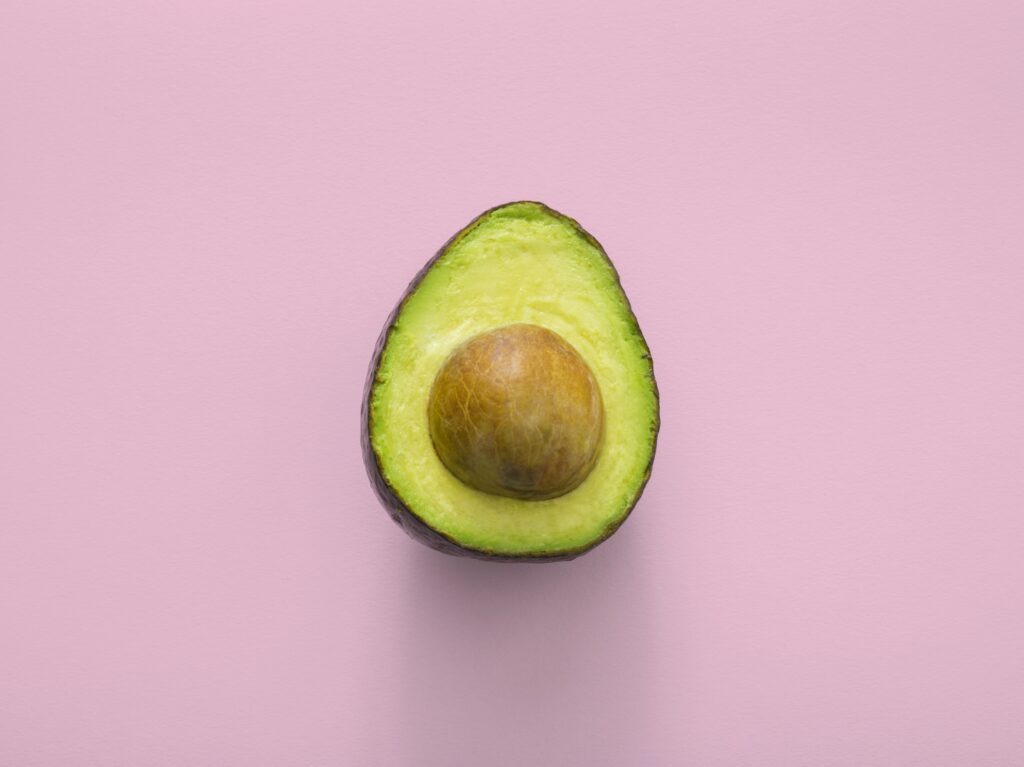
Curiosity may get the best of you when your adorable feline companion glances up at you with those big, irresistible eyes, begging for a bite of your food. But can cats safely indulge in our culinary delights, or should we stick to feeding them their specialized diets? In this informative article, we explore the potential risks and benefits of sharing human food with your cat, while also unveiling a list of snacks that are safe, alongside those that are toxic, for our feline friends. So next time your kitty looks longingly at your plate, you’ll know exactly what to do!

Table of Contents
Introduction to cats eating human food
As a cat owner, you may have wondered whether or not it’s safe to share your food with your feline friend. While cats have different dietary needs than humans, there are certain human foods that can be safe and beneficial for them in moderation. However, it’s important to be aware of the potential dangers associated with feeding cats certain human foods, as well as the importance of providing them with a balanced diet that meets their nutritional requirements.
The dangers of cats consuming human food
While certain human foods may seem harmless to us, they can actually be toxic and even life-threatening to cats. Some common examples include chocolate, onions and garlic, grapes and raisins, caffeine, alcohol, milk and dairy products, xylitol, and raw meat and fish. These foods can cause various health issues in cats, including but not limited to gastrointestinal upset, organ damage, and even death. It’s crucial to keep these toxic foods away from your feline companion at all times.
The importance of a balanced diet for cats
Just like humans, cats require a balanced diet in order to thrive and maintain overall health. A balanced diet for cats typically consists of high-quality protein, moderate fat content, essential vitamins and minerals, and a controlled amount of carbohydrates. Feeding them a well-balanced diet ensures that they receive all the necessary nutrients they need to support their growth, energy levels, immune system, and overall wellbeing.
Safe Human Foods for Cats
While there are many human foods that are toxic to cats, there are also some safe and even beneficial options that you can share with them. However, it’s essential to remember that these foods should only be given in moderation and as part of a well-balanced diet. Here are some safe human foods for cats:
Meat
Cats are obligate carnivores, which means they thrive on a diet rich in animal protein. Lean meats such as chicken, turkey, and lean cuts of beef or pork can be a great source of protein for your cat. However, make sure that the meat is cooked thoroughly and free from any seasonings or additives that may be harmful to them.
Fish
Fish can be a good source of protein and omega-3 fatty acids for cats. However, it’s important to feed them fish that is fully cooked and boneless. Raw fish may contain harmful bacteria or parasites that can lead to digestive upset or other health issues.
Eggs
Eggs are an excellent source of protein for cats and can be a nutritious addition to their diet. Cooked eggs should be plain and free from any seasonings or additives. It’s important to ensure that the eggs are fully cooked to eliminate the risk of salmonella.
Vegetables
Certain vegetables can be safe and even beneficial for cats. Green leafy vegetables like spinach and kale can provide essential vitamins and minerals. Other vegetables such as peas and carrots can be steamed or boiled until soft and offered to your cat in small amounts.
Fruits
While cats are generally not big fans of fruits, some can be safe for them in small quantities. Blueberries and watermelon, for example, can be offered as a treat occasionally. However, it’s important to remove any seeds or pits that may pose a choking hazard.
Grains
Contrary to popular belief, cats are not obligated to consume grains in their diet. However, small amounts of cooked grains such as rice or oatmeal can be added to their diet as a source of carbohydrates. It’s important to note that some cats may have allergies or sensitivities to grains, so it’s best to consult with your veterinarian before introducing them to your cat’s diet.

Toxic Human Foods for Cats
While there are safe human foods that can be included in your cat’s diet, it’s equally important to be aware of the toxic foods that should be strictly avoided. Feeding cats these foods can lead to severe health issues and even be life-threatening. Here are some toxic human foods for cats:
Chocolate
Chocolate contains theobromine, which is toxic to cats. Even small amounts of chocolate can cause symptoms such as vomiting, diarrhea, increased heart rate, tremors, seizures, and even death. It’s crucial to keep all chocolate products out of your cat’s reach.
Onions and garlic
Onions and garlic, whether raw, cooked, or dried, can cause damage to a cat’s red blood cells, leading to anemia. Symptoms may include weakness, pale gums, elevated heart rate, and difficulty breathing. Make sure to avoid feeding your cat any foods that contain onions or garlic.
Grapes and raisins
Grapes and raisins can cause kidney failure in cats. Even a small amount can be toxic and should be kept out of their reach at all times. Symptoms of grape or raisin toxicity may include vomiting, diarrhea, lack of appetite, and decreased urination.
Caffeine
Caffeine can be highly toxic to cats. It can cause rapid breathing, heart palpitations, restlessness, tremors, and even seizures. Keep all caffeinated products, such as coffee and tea, away from your feline companion.
Alcohol
Alcohol is toxic to cats and can lead to severe intoxication. Even a small amount can be dangerous and potentially fatal. Symptoms of alcohol poisoning in cats may include vomiting, disorientation, coordination problems, and difficulty breathing.
Milk and dairy products
Contrary to popular belief, cats are generally lactose intolerant, meaning they lack the necessary enzyme to digest lactose found in milk and dairy products. Feeding your cat milk can result in digestive upset, including diarrhea and vomiting. It’s best to avoid giving your cat any dairy products.
Xylitol
Xylitol is an artificial sweetener often found in sugar-free products, including gum, candies, and baked goods. It can cause a rapid release of insulin in cats, leading to a dangerous drop in blood sugar levels. Xylitol ingestion can be life-threatening, so it’s crucial to keep any products containing xylitol away from your cat.
Raw meat and fish
Raw meat and fish may contain bacteria, parasites, or other pathogens that can be harmful to cats. Feeding them raw or undercooked meat can increase the risk of foodborne illnesses. It’s important to thoroughly cook any meat or fish before offering it to your cat.
Canned human foods
Canned human foods, especially those high in sodium or seasonings, should not be given to cats. These products often contain ingredients that can be harmful to cats, such as onions, garlic, or excessive salt. Stick to feeding your cat a balanced commercial diet specifically formulated for their nutritional needs.
Risks Associated with Feeding Human Food to Cats
While it may be tempting to share your food with your cat, it’s essential to understand the potential risks associated with doing so. Feeding cats human food can lead to the following health issues:
Obesity
Feeding cats a diet high in calorie-dense human foods can contribute to weight gain and obesity. Obesity in cats can lead to a variety of health problems, including diabetes, arthritis, and heart disease. It’s important to provide them with a controlled and balanced diet to maintain a healthy weight.
Digestive issues
Cats have a sensitive digestive system, and feeding them foods they aren’t accustomed to can cause digestive upset, including vomiting and diarrhea. Abrupt changes in their diet or the introduction of new foods should be done gradually to avoid gastrointestinal issues.
Nutritional imbalances
Feeding cats an unbalanced diet that lacks essential nutrients can lead to nutritional deficiencies. These deficiencies can result in a range of health problems, including weakened immune system, poor coat condition, and even developmental issues in kittens. It’s crucial to provide them with a diet that meets their nutritional requirements.
Organ damage
Certain human foods, such as onions, garlic, and grapes, can cause damage to a cat’s organs, particularly their kidneys. Ingesting these foods over time can lead to kidney disease or failure. It’s vital to keep toxic foods away from your cat to prevent potential organ damage.
Allergies and food sensitivities
Just like humans, cats can develop allergies or food sensitivities to certain ingredients. Feeding them human foods can increase the risk of triggering these allergies or sensitivities, leading to symptoms such as itching, skin irritations, and gastrointestinal issues. It’s important to be cautious when introducing new foods to your cat’s diet and monitor for any adverse reactions.

Benefits of Feeding Cats a Balanced Diet
Providing your cat with a balanced diet that meets their nutritional requirements offers several benefits to their overall health and wellbeing. Here are some of the advantages of feeding cats a balanced diet:
Meeting nutritional requirements
A balanced diet ensures that your cat receives all the essential nutrients they need to thrive. These include proteins for muscle growth and repair, fats for energy, vitamins and minerals for overall health, and carbohydrates for energy. Providing a well-rounded diet helps support their growth, development, and immune system.
Maintaining a healthy weight
A balanced diet can help prevent weight gain and obesity in cats. Pet obesity is a significant concern and can lead to various health problems. A controlled portion of a balanced diet can help them maintain a healthy weight, promoting their overall health and preventing obesity-related issues.
Improving digestion
Feeding cats a well-balanced diet can improve their digestion and prevent gastrointestinal issues. High-quality proteins, digestible carbohydrates, and added fiber can contribute to a healthier digestive system, reducing the risk of digestive upset such as vomiting, diarrhea, and constipation.
Promoting overall health and longevity
Feeding cats a balanced diet enriched with essential nutrients can support their overall health and longevity. Proper nutrition can help strengthen their immune system, maintain healthy skin and coat, promote dental health, and improve their overall quality of life.
Introducing Human Food to Cats
If you’re interested in incorporating some human foods into your cat’s diet, it’s important to follow a few guidelines to ensure their safety and well-being. Here’s how to introduce human food to cats:
Consulting with a veterinarian
Before introducing any new human foods to your cat’s diet, it’s crucial to consult with your veterinarian. They can provide guidance based on your cat’s specific dietary needs and any individual health concerns. Your veterinarian may recommend specific foods to avoid due to potential allergies or sensitivities.
Safely introducing new foods
When introducing a new human food to your cat, start with small amounts and monitor for any adverse reactions. Gradually increase the amount over time if your cat tolerates the food well. It’s essential to introduce one new food at a time to easily identify any potential allergies or sensitivities.
Monitoring for adverse reactions
Keep a close eye on your cat after introducing new human foods to their diet. Watch for any signs of discomfort, such as vomiting, diarrhea, lethargy, or changes in behavior or appetite. If you notice any adverse reactions, discontinue the food immediately and consult with your veterinarian.
Avoiding excessive treats
While it can be tempting to indulge your cat with treats, it’s important to avoid excessive feeding of human foods. Treats should only make up a small portion of their overall diet, and it’s crucial to ensure that the treats are nutritionally balanced and appropriate for cats.
Transitioning to a balanced commercial diet
While small amounts of certain human foods can be incorporated into your cat’s diet, it’s important to remember that a balanced commercial diet specifically formulated for cats is the best way to meet their nutritional needs. Human foods should only be seen as occasional additions and should not replace a complete and balanced cat food.
Tips for Feeding Cats Human Food Safely
Feeding cats human food can be safe and enjoyable for both you and your feline companion if done responsibly. Here are some tips to help you feed human food to your cat safely:
Proper food preparation
When preparing human food for your cat, ensure that it is thoroughly cooked and free from any seasonings, spices, or additives that may be harmful to them. Avoid using excessive oils and fats, as these can cause digestive upset. It’s best to offer plain, unseasoned foods.
Avoiding toxic ingredients and seasonings
Keep in mind that certain ingredients and seasonings can be toxic or harmful to cats. Avoid foods that contain onions, garlic, or excessive salt. Also, stay away from foods seasoned with spices like pepper, garlic powder, or onion powder. Stick to plain, unseasoned options to minimize the risk of toxicity.
Moderation in portion sizes
Feeding human food to your cat should be done in moderation. Treats and small amounts of human food should only make up a small portion of their overall diet. It’s important to maintain a balance and not overfeed them with calorie-dense human foods that may contribute to weight gain and nutritional imbalances.
Observing for signs of discomfort or illness
Monitor your cat closely for any signs of discomfort or illness after feeding them human food. Watch for changes in behavior, appetite, litter box habits, or any gastrointestinal issues. If you notice any concerning signs, consult with your veterinarian to determine if any adjustments are needed in their diet.
Seeking veterinary advice if needed
If you have any concerns or questions about feeding human food to your cat, don’t hesitate to seek advice from your veterinarian. They can provide you with personalized recommendations and ensure that your cat’s nutritional needs are being met. It’s always better to be safe and consult a professional when in doubt.
Common Myths about Cats Eating Human Food
There are several myths and misconceptions surrounding cats eating human food. It’s important to separate fact from fiction to make informed decisions about feeding your cat. Here are some common myths about cats eating human food:
Cats can safely eat any human food in moderation
While there are some human foods that are safe for cats in moderation, not all human foods are suitable for them. Certain foods can be toxic or harmful to cats, even in small amounts. It’s essential to be aware of the specific foods that are safe for cats and avoid foods that are known to be toxic.
All leftovers are safe for cats
Leftovers may contain ingredients or seasonings that are harmful to cats. It’s crucial to evaluate each leftover food item individually and avoid anything that may be toxic or cause digestive upset. Plain, unseasoned cooked meats or vegetables may be safe for cats in moderation, but it’s best to consult with your veterinarian to determine what’s appropriate.
Feeding cats human food is cheaper than commercial pet food
Feeding cats a balanced commercial diet formulated specifically for their nutritional needs is generally more cost-effective than relying solely on human food. Sourcing and preparing human food that meets their requirements can be time-consuming and costly, especially considering the potential risks associated with feeding them certain foods.
Cats don’t need a specific diet
Cats have unique dietary requirements due to their obligate carnivorous nature. They require high levels of animal protein and certain essential nutrients that are specific to their species. Feeding them a diet that meets these requirements is crucial for their overall health and wellbeing.
Cats can digest all types of human food
While cats have evolved to be capable of digesting some plant matter, their digestive systems are still best suited for a meat-based diet. While some human foods can be tolerated in small amounts, cats may have difficulty digesting certain foods such as grains, large quantities of vegetables, or dairy products due to their unique physiology.
Conclusion
Understanding the safety of feeding human food to cats is crucial for responsible pet ownership. While certain human foods can be safe and even beneficial for cats in moderation, it’s important to be aware of the potential dangers and toxic foods that can harm them. Feeding cats a balanced diet that meets their nutritional requirements is essential for their overall health and wellbeing. By prioritizing the health and well-being of our feline companions and following the guidelines provided, we can ensure that they are receiving the optimal nutrition they need to live happy and healthy lives.
